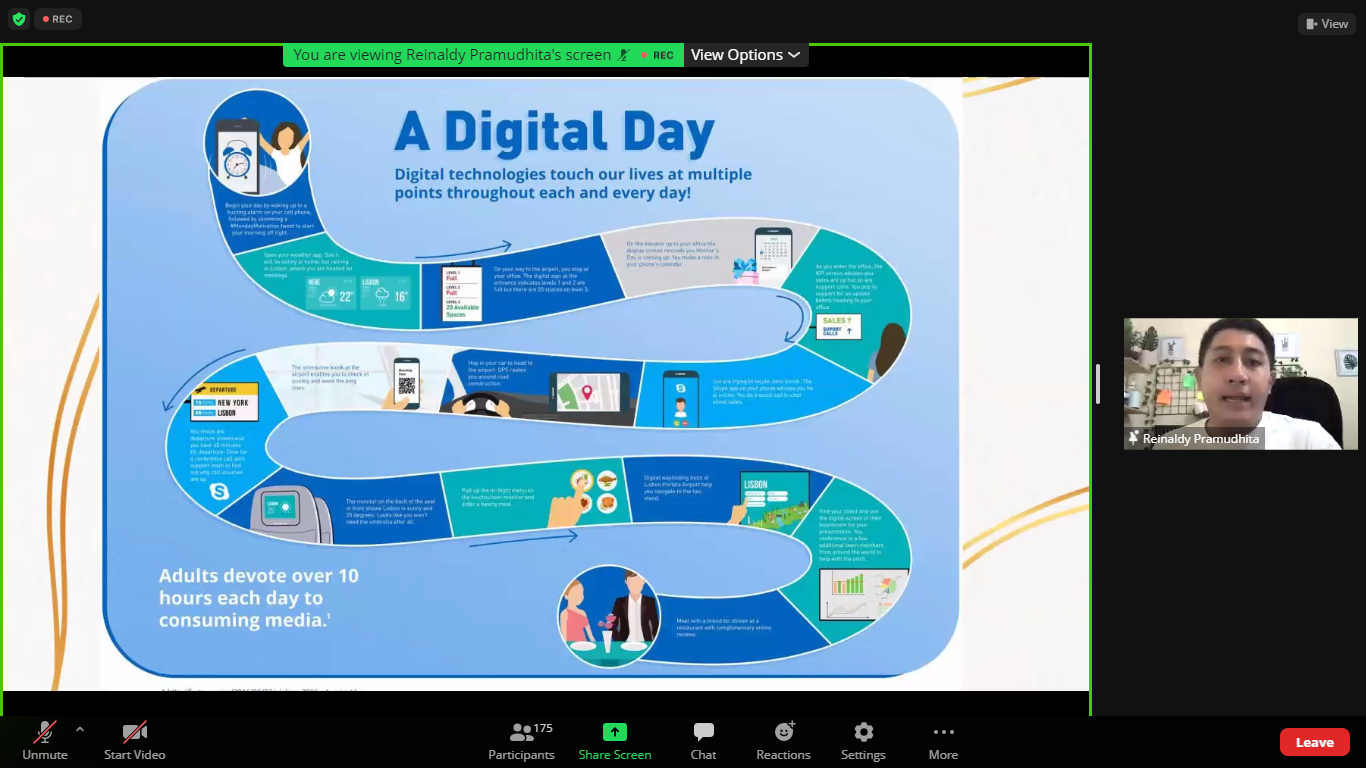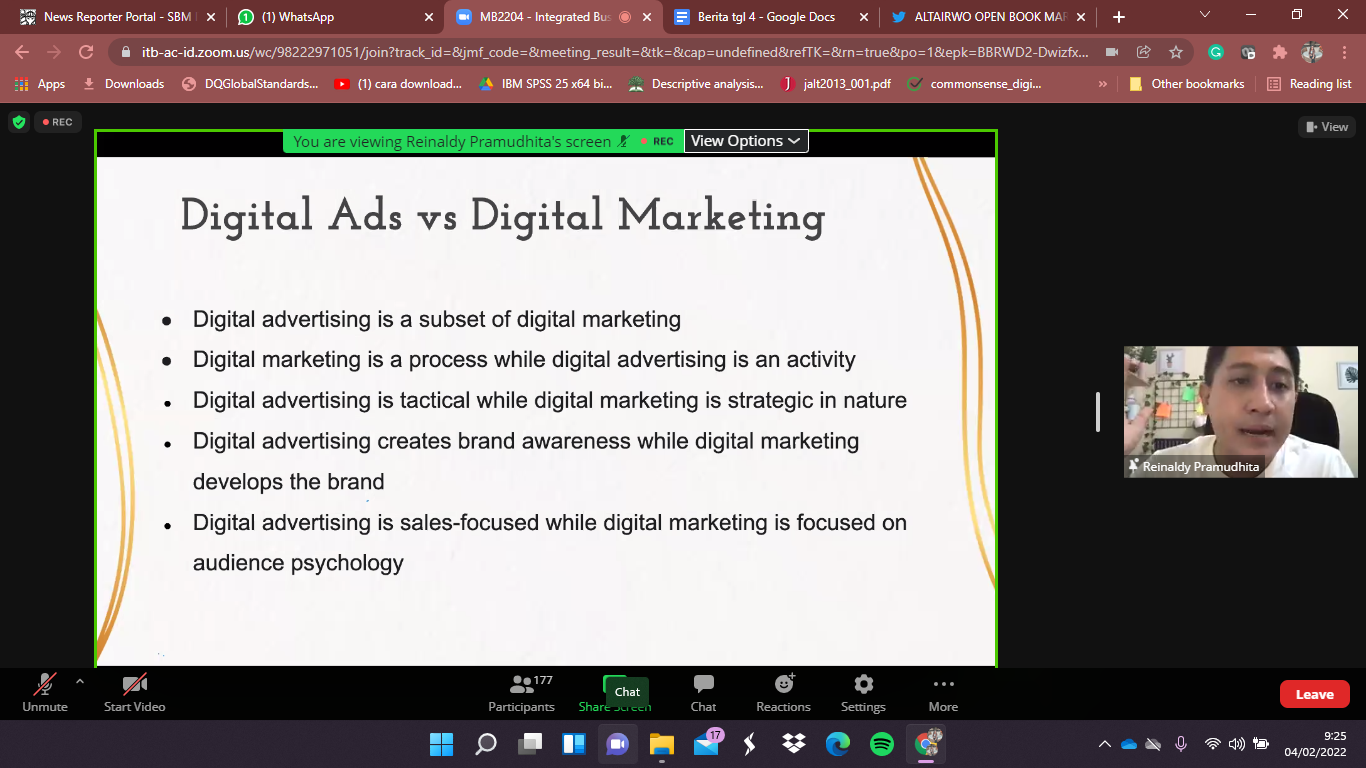Digital technology is a positive opportunity for every aspect of human life, especially in business development. Using digital tools, every business can promote and sell its products more quickly due to fast internet access.
 However, the biggest challenge in implementing digital strategies is how a business makes consumers aware of the products only using the contents in the media online. Therefore, every business must understand the characteristics of the target market. The online content, media, and language styles used by sellers should be appropriate to the characters and behaviors of the target market.
However, the biggest challenge in implementing digital strategies is how a business makes consumers aware of the products only using the contents in the media online. Therefore, every business must understand the characteristics of the target market. The online content, media, and language styles used by sellers should be appropriate to the characters and behaviors of the target market.
“Usually, customers trust an online product because of the originality of the visuals of the products displayed, followers on social media, reviews, comments, and figures promoting the product,” said Reinaldi Pramudhita in the Guest Lecture Session Class IBE, Friday (4/2/2022).
After understanding the target market’s characteristics, business actors will look for the right strategies to increase customers’ awareness. However, many business actors consider digital marketing, part of digital strategies, equal to a digital advertisement.
“In reality, these two are different but related. Analogically, digital marketing is a vehicle, and digital advertising is gasoline. So, digital marketing is not only about online advertising; there are many other ways to use,” said Reinaldi.
 Digital advertising is one of the digital strategies leading to online advertising: advertising on websites and other media related to online promotion. The types of digital advertising are PPC (Pay Per Click Search Ads), Display Ads (Banners, pop-ups), and Social Ads (Facebook, Twitter, et al.).
Digital advertising is one of the digital strategies leading to online advertising: advertising on websites and other media related to online promotion. The types of digital advertising are PPC (Pay Per Click Search Ads), Display Ads (Banners, pop-ups), and Social Ads (Facebook, Twitter, et al.).
In contrast to digital advertising, digital marketing is one of the business strategies using the internet and online media as the main focus in marketing products. Digital marketing manages not only the digital advertisement but also the targets set in each strategy used. Components of digital marketing are SEO (Search Engine Optimization), SEM (Search Engine Marketing), SMM (Social Media Marketing), Content Marketing, Email Marketing, and many more.




